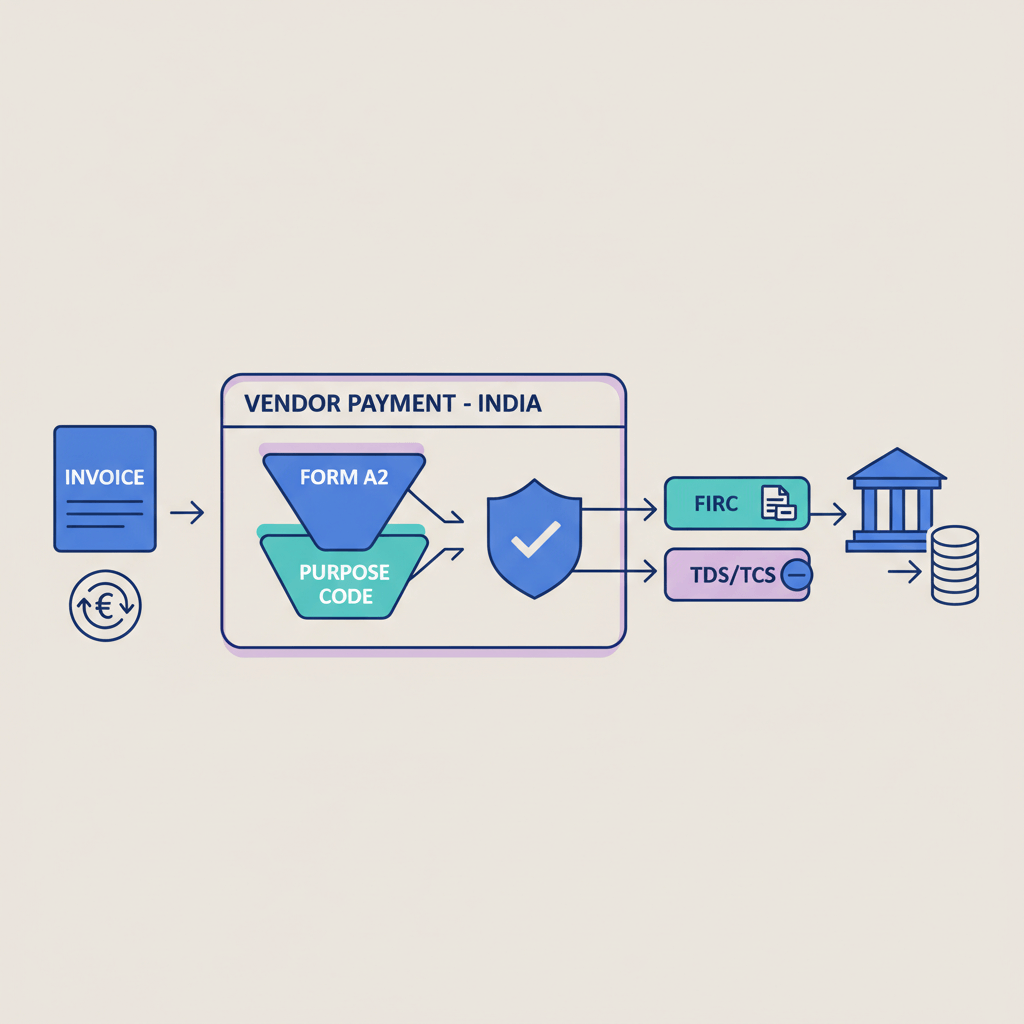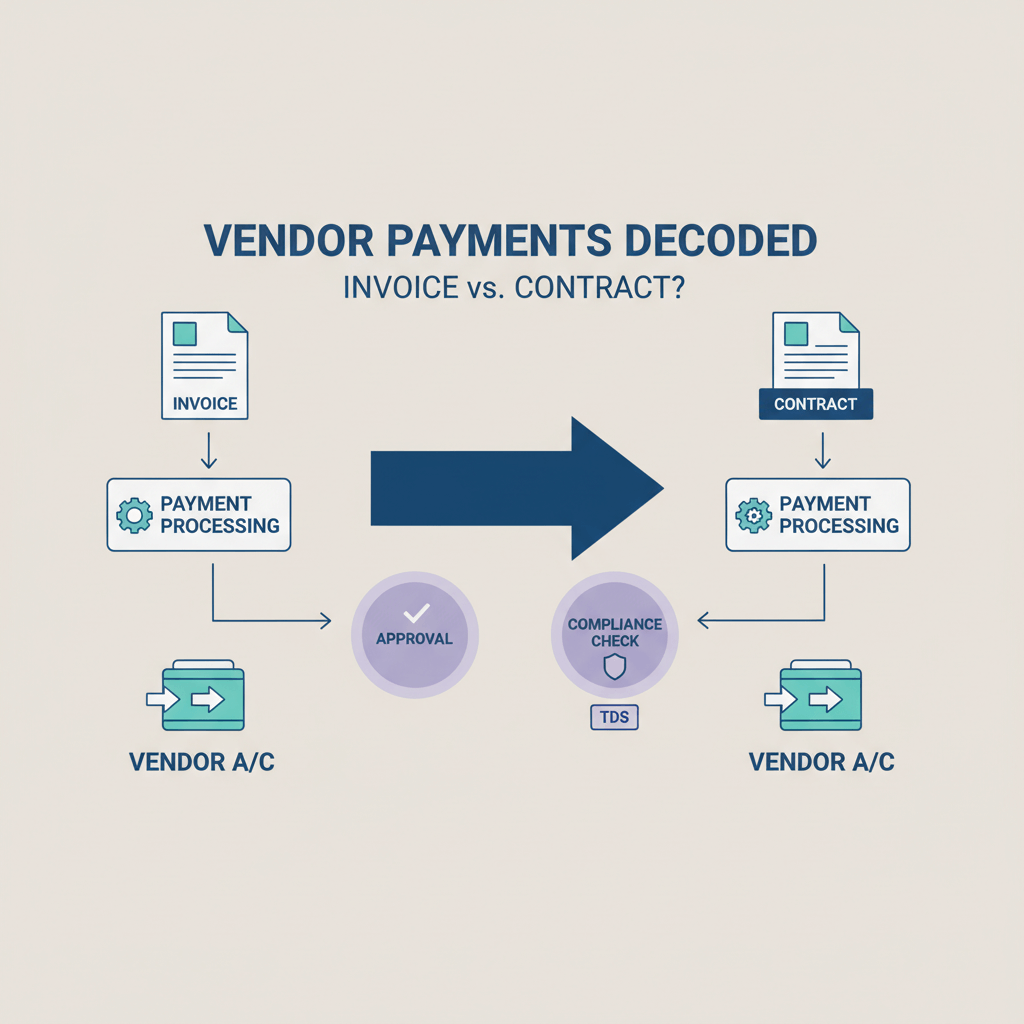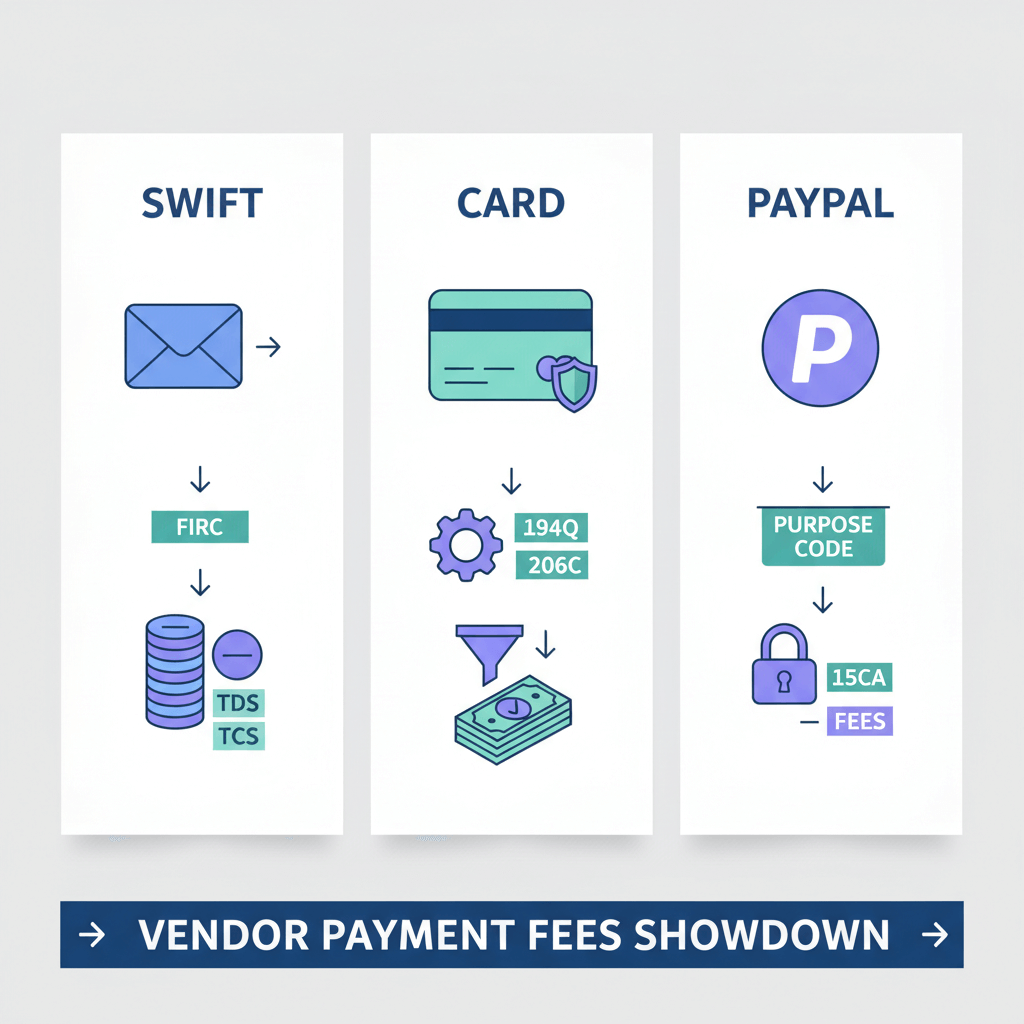What is a Certificate of Origin?
A Certificate of Origin (COO) is an official document that verifies the country of origin of the goods being exported or imported. It certifies that the goods were produced, manufactured, or processed in a specific country. This certificate serves as proof that the product complies with the laws and regulations of the importing country.
It also plays a key role in determining if your goods qualify for special tariffs or benefits based on trade agreements, which could save you some money!
Who Issues a Certificate of Origin in India?
In India, you can get your Certificate of Origin from two main places: the Federation of Indian Export Organisations (FIEO) or the Indian Chamber of Commerce (ICC). The process is guided by the Directorate General of Foreign Trade (DGFT), which ensures everything runs smoothly.
Why is the Certificate of Origin Important?
The COO is important for both governments and businesses. Here’s why:
For Governments:
- It makes sure that goods are complying with international trade rules.
- The COO helps determine whether products qualify for special tariffs and benefits under trade agreements. This ensures everything’s fair and in line with regulations.
For Export Businesses:
- Customs Clearance: The COO helps your goods get through customs quickly and efficiently, which means fewer delays and lower costs.
- Trade Agreements & Tariffs: It shows whether your products are eligible for lower tariffs under trade agreements.
- Fraud Prevention: It’s a way to prove that your products come from the country you say they do, which helps prevent fraud.
Types of Certificates of Origin
There are two main types of Certificates of Origin:
Non-Preferential Certificate of Origin:
This one applies to goods that don’t qualify for any special tariff reductions. It’s used to determine the standard tariffs that will be applied during the trade process.
Preferential Certificate of Origin:
This certificate is for goods that qualify for reduced tariffs because of trade agreements between countries (like India’s Free Trade Agreements or the Generalized System of Preferences).
If you want to benefit from reduced tariffs, you’ll also need to include Annexure 3A with the COO.
How to Apply for a Certificate of Origin in India?
Getting a Certificate of Origin is easier than it sounds. Just follow these steps:
1. Create an Account:
First, head over to the DGFT portal and create an account. You’ll need a Digital Signature Certificate (DSC) or another authorized government portal to get started. This step is important because it helps track your application and ensures the certificate is issued smoothly.
DGFT Portal for Registration: [Link to DGFT Portal]
2. Prepare Your Documents:
You’ll need to gather a few documents that prove where your goods are coming from. These can include invoices, packing lists, and origin declarations. It’s important that these documents are accurate, so the process doesn’t get delayed.
3. Verification & Authorization:
Once your documents are submitted, the issuing authority will verify everything. A risk management system ensures that the goods meet international trade agreements and confirms they’re made or obtained in India.
3. Certification:
After everything’s checked and verified, the Certificate of Origin will be issued. This must be in English and include all the details about the product and the exporter.
Once issued, you’ll have the COO in hand, ready to use for customs clearance and international trade.
For more info, you can check out the Exporter Manual on the DGFT portal.
Certificate of Origin Documents
Here’s a quick checklist of the documents you’ll need when applying for a Certificate of Origin:
- Cover Letter: A formal letter that outlines the need for the certificate, addressed to the issuing authority.
- Product Information: A detailed description of the goods being exported, including their origin and quantity.
- Packing List: This is a copy of the packing list showing how the goods are packed and what’s inside. It helps customs confirm the shipment details.
- Commercial Invoice: A copy of the invoice that declares the goods’ Indian origin. This assures the authorities that the goods meet the required criteria.
- Certificate Copies: You’ll need nine copies of the Certificate of Origin for record-keeping and processing.
- Payment of Fees: You’ll need to pay the required fee for the certificate, which varies depending on the issuing authority and the type of export.
Format of the Certificate of Origin
The Certificate of Origin needs to include specific details about the product, the exporter, and the country of origin. It should be in the official format and signed by an authorized person from the issuing authority. You can find the official format on the DGFT portal.
Is the Certificate of Origin Mandatory for Import/Export?
Yes, the Certificate of Origin is required for both importing and exporting goods. Here’s why:
- For Imports in India: Customs will ask for the Certificate of Origin to verify where the goods came from. This helps determine the correct duties and tariffs based on Indian regulations.
- For Exports from India: Without the COO, your goods may not get cleared for export. The certificate is necessary for customs clearance in the destination country.
Declaration for Certificate of Origin
As an exporter, you’ll need to sign a declaration confirming that the goods meet the origin criteria. This declaration is typically verified by customs or the chamber of commerce. You can find a template for this declaration here: [Manufacturer's Declaration Template].
Certificate of Origin Fees
The total fee for obtaining a Certificate of Origin is ₹3,208, which includes both government and professional fees. The certificate is valid for 12 months from the date of issuance. If it expires, you can apply for a re-issuance.
Here’s a breakdown of the fees:
- Government Fee: ₹708
- One-time Registration Fee: ₹500
- Application Fee: ₹2,000
- Total Fee: ₹3,208
These fees cover everything needed to issue the Certificate of Origin and ensure compliance with international trade rules.
FAQs
Where can I get the Certificate of Origin (Chamber of Commerce, Online Portals)?
You can get the Certificate of Origin from the Chamber of Commerce, government trade bodies like FIEO, or online portals that offer e-certification services.
Is the Certificate of Origin the Same as a Title?
No, a COO is not the same as a title. The COO is for international trade purposes, while a title relates to the ownership of an asset (like a vehicle).
Can a Certificate of Origin Be Used as a Title?
No, the COO cannot be used as a title. However, it can confirm the origin of goods like vehicles, which may help with asset registration.
Can You Transfer a Certificate of Origin?
A Certificate of Origin is generally non-transferable. It’s specific to the goods it was issued for and cannot be reused for other shipments.
Why is the Certificate of Origin Required in Foreign Trade?
It ensures that goods comply with origin criteria, meet regulations, and qualify for the appropriate tariffs or benefits under trade agreements.


.png)








